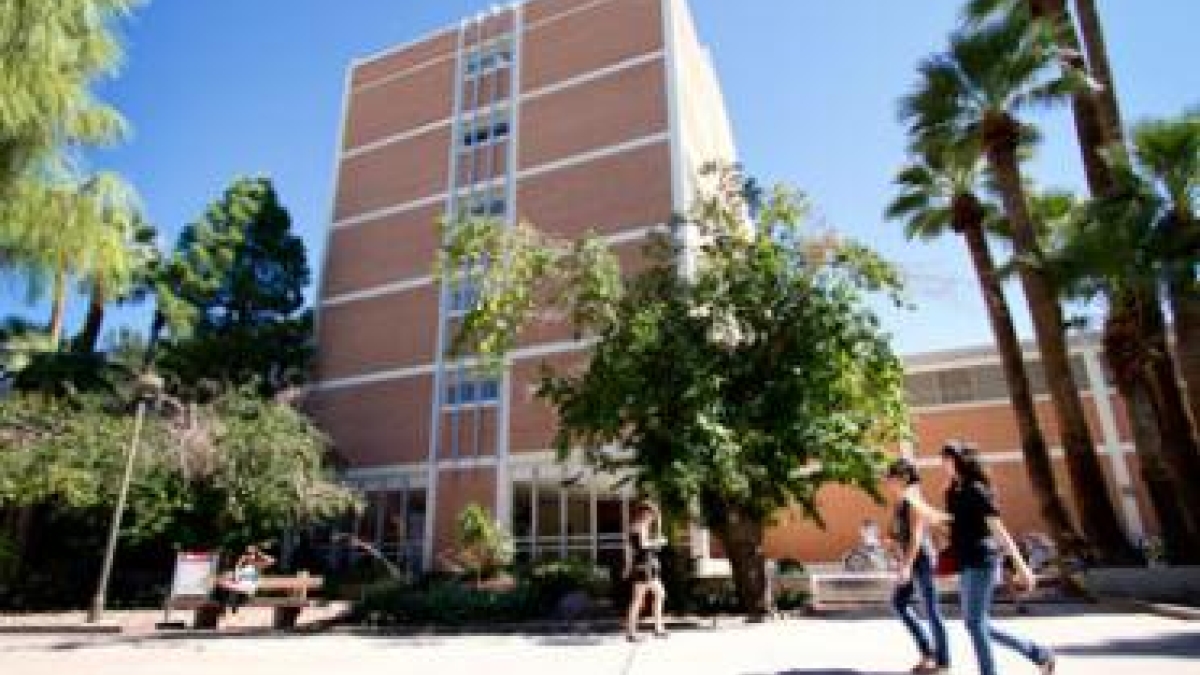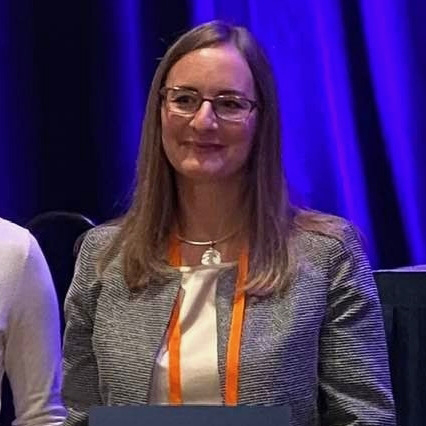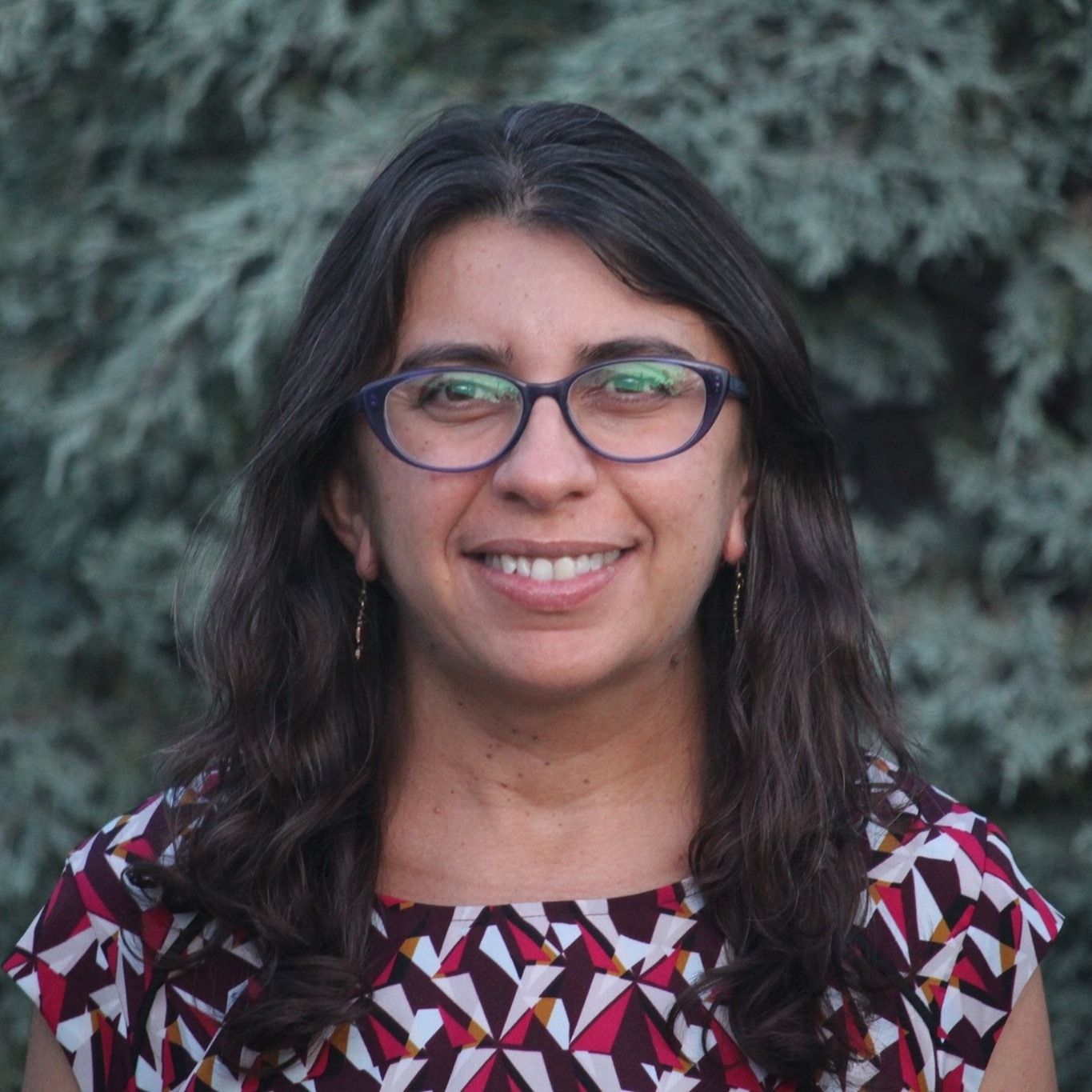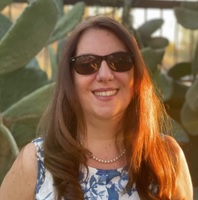School of International Letters and Cultures faculty honored with grants, awards

Several faculty members in Arizona State University's School of International Letters and Cultures have recently been named recipients of grants and awards in support and recognition of their teaching and research.
Ana Hedberg Olenina, assistant professor of comparative literature and media studies, was awarded the Best First Book Award by the American Association of Teachers of Slavic and East European Languages for her book “Psychomotor Aesthetics: Movement and Affect in Modern Literature and Film,” which was published by Oxford University Press in 2020. The award was announced at the association’s conference in Philadelphia last month.
Olenina’s book explores the effects of physiological psychology on art at the turn of the 20th century. In it, she draws on archival documents and cross-disciplinary sources to call attention to the cultural resonance of theories behind emotional and cognitive experience — theories that have modern implications.
“Psychomotor Aesthetics” was previously awarded the Wayne S. Vucinich Book Prize by the Association for Slavic, East European, and Eurasian Studies in 2021. The citation for that award commended Olenina for her use of extensive sources across multiple languages to contextualize Russian artistic experimentation.
Ana Hedberg Olenina
“Her luminous study, at once meticulously detailed and nimbly alert to resonances across several fields, will become a definitive contribution to Russian and Soviet cultural studies for some time to come,” the citation noted.
Olenina said she was “profoundly honored” to receive the two prestigious awards for her book.
“In my work, I have endeavored to consider the history of Russian modernism from an unusual angle, through an interdisciplinary and cross-cultural lens. The recognition that I have received inspires me to pursue this research direction further," she said.
Assistant Professor of Portuguese Ligia Bezerra was named the recipient of a seed grant from the Institute for Humanities Research. Bezerra will receive $6,210 in support of her project "Defending Democracy: Twenty-First Century Brazilian Songs of Protest."
“The project will investigate how Brazilian popular music has contributed to energize current debates about democracy amidst the growth of neo-conservative forces since the mid-2010s in the country,” Bezerra said.
Ligia Bezerra
She intends to map out songs of protest — both singles and songs on whole albums — released since 2016 in Brazil. Her analysis will include the voices of artists who are female, LGBTQ-plus, Afro-Brazilian and Indigenous.
Recipients of Institute for Humanities Research seed grants are required to apply for additional external funding to support the continued development of their research. Bezerra said she will be working on an application for a grant from the National Endowment for the Humanities. Another requirement is that recipients plan a public engagement event to showcase some of their research. Bezerra is looking forward to organizing a symposium about these Brazilian protest songs.
Applying for the Institute for Humanities Research grant helped Bezerra plan out the structure of this new project, which she expects to work on for several years. This summer, she will be taking a course on music notation as a non-degree-seeking student in order to broaden her knowledge of this topic.
Enrico Minardi
“I've worked with music since my first (master's degree) in Brazil, but always focusing on the lyrics,” she said. “This course will be the beginning of my journey into learning about an extremely important aspect of analyzing music that I haven't had the proper training to address so far.”
Senior Lecturer of Italian Enrico Minardi spearheaded the effort to apply for the grant, which will be used to cover the salary of a faculty member who will be developing new curriculum on Italian food culture and vocabulary for two language courses that will be taught next academic year.
“We are very happy because the Italian government has realized the relevance and originality of our pedagogic endeavor,” Minardi said.
He explained that the new curriculum will focus on adding a hands-on component to the program’s language classes, to better engage students and demonstrate how to apply what they are learning in the classroom. Eventually, he hopes the program will be able to add an entire class focused on Italian cuisine.
Antonella Dell'Anna
Italian Instructor Antonella Dell’Anna will be teaching the courses with the new curriculum starting this fall. She said she plans to work with professionals in the field to share recipes with the students, offer cooking demonstrations and locate markets that sell sustainable and authentic ingredients.
The curriculum will include lessons on how to use or recycle leftovers to avoid food waste and how to preserve food with natural methods. This is part of a schoolwide effort to incorporate sustainability principles into language and culture courses.
“The reasons why we chose to focus on food is because it is an essential part of the Italian lifestyle and an easy way to connect students to Italian culture,” Dell’Anna explained. “College students, as future leaders, need to value a healthy and responsible food approach. Italians’ food system and choices are well known to be — in most cases — natural and sustainable.”
More Science and technology

ASU-led space telescope is ready to fly
The Star Planet Activity Research CubeSat, or SPARCS, a small space telescope that will monitor the flares and sunspot activity…

ASU at the heart of the state's revitalized microelectronics industry
A stronger local economy, more reliable technology, and a future where our computers and devices do the impossible: that’s the…

Breakthrough copper alloy achieves unprecedented high-temperature performance
A team of researchers from Arizona State University, the U.S. Army Research Laboratory, Lehigh University and Louisiana State…





